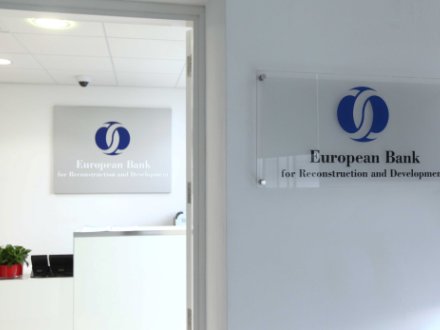The European Bank of Reconstruction and Development (EBRD), primarily involved in project finance in eastern and southern Europe, and central Asia, announced an emergency ‘solidarity package’ of €1 bln to help busineses deal with the impact of the coronavirus pandemic.
The bank said in an announcement that as an initial response to the crisis, “it stands ready to do more if and when needed.”
The proposals were approved by the bank’s 38 state-shareholders.
Under the emergency programme, the EBRD will set up a “resilience framework” to provide financing for existing EBRD clients with strong business fundamentals experiencing temporary credit difficulties.
Commenting on the EBRD’s response to the global health crisis, EBRD President Suma Chakrabarti said, “the COVID‐19 pandemic and its economic consequences present an unprecedented challenge to the EBRD and its countries of operations.”
He added that the aid package for new and additional funding for existing clients, comprises emergency liquidity, working capital and trade finance.
The planned measures will include an expansion of trade finance and the provision of short-term finance of up to two years through financial institutions, specifically in support of small and medium sized enterprises (SMEs).
Thebank said it will seek to provide short-term working capital facilities of up to two years for other corporates and energy developers, and balance sheet restructuring and short term liquidity support for municipal, energy and infrastructure clients.
It will assess the need to restructure existing loans, including the possibility of extending maturities and changing other conditions and use its ability to disburse in local currency, including the possible conversion of existing facilities into local currency.
The response will put a premium on providing a rapid response to the needs of companies that are suffering from the effects of the coronavirus and the global economic turmoil that has ensued.
The EBRD’s economists expect economic output to be affected right across its regions of operations, with growth seen slowing especially in Central Asia and also in Eastern Europe and the Caucasus, Russia and south eastern Europe.
Countries that are highly integrated into global supply chains, and in particular have direct dependencies on China and Europe, are likely to suffer most from the virus. The tourism industry is likely to be affected in many of the EBRD’s countries.
The recent slump in oil prices will have also an impact on oil producing countries in the EBRD regions and the flow of remittances from workers back to their home countries is also expected to slow, the bank concluded.










